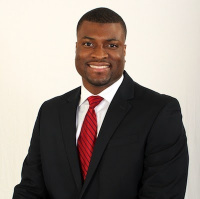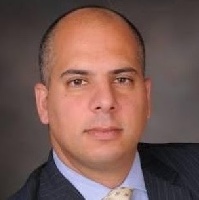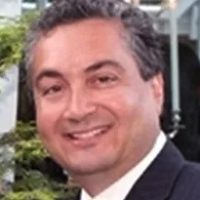Bronx Felony Lawyer, New York
Sponsored Law Firm
-
 x
x

Click For More Info:
-
Henry Law
825 E Gate Blvd Suite 106 Garden City, NY 11530» view mapEmployment, Bankruptcy, Criminal, FMLA, Civil The Difference.
We practice in an array of practice areas, and employ modern technology in helping you achieve your legal objectives.
800-974-2431
George A. Vomvolakis
✓ VERIFIEDIf you have been charged with a crime in New York City, Westchester or Long Island you need an attorney who is well versed in local laws and knows how... (more)
Ronald Steven Nir
✓ VERIFIEDRonald Nir has represented individuals and corporations in Criminal Cases for more than 30 years. He has tried to completion well over 250 felony a... (more)
Nicholas Gregory Kaizer
✓ VERIFIEDNicholas Kaizer is a nationally -recognized expert in criminal defense, who has appeared in numerous courts around the country. He has lectured attorn... (more)
Joseph A. Lobosco
David M. Colgan
Edward Richard Dudley
Michael Lewis Marley
FREE CONSULTATION
CONTACT Chauncey Henry Garden City, NY
Chauncey Henry Garden City, NY Practice AreasExpertise
Practice AreasExpertise




